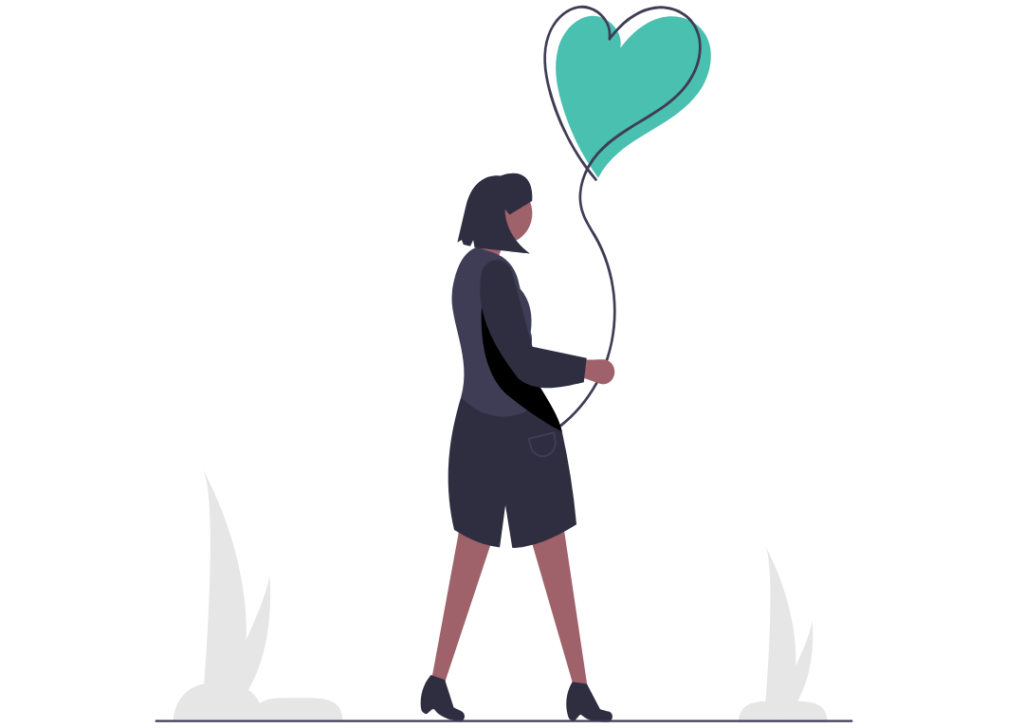
Putting Myself Together Again
Chris was in his mid-50s when his mom was diagnosed with small-cell carcinoma and learned that she had limited time left to live.

Sawyer was living with his wife and two toddlers when his dad was diagnosed with lung cancer. After a hopeful surgery and many rounds of chemotherapy, the cancer returned and had spread. Sawyer recounts his final days with his dad, the feeling of helplessness as he held his dad’s hand at the bedside, and reflections about accepting death as a part of life. This is Sawyer’s story.
As told to Open Caregiving and lightly edited to enhance readability while preserving the author’s voice.
Hi, my name is Sawyer. I’m a millennial man from Vermont. I was a caregiver for my dad.
I was working full time in state government and married with a wife and two children. My kids were 1 and 3 years old.
My dad needed care when he was about 72 years old. He was diagnosed with lung cancer in 2017 and had a mass successfully removed from his lung, followed by radiation immediately after, and then underwent 6 rounds of chemotherapy.
After 6 months, tiny specks and tumors had returned to his lung and a new mass had spread to his hip. From that point on, doctors said the best they could do for him was increase chemo to extend his life. The chemo shut his body down to the point of almost nonfunctioning. He would get nosebleeds that bled from way up in the sinus and wouldn’t stop bleeding, needing cauterization frequently. My mom lived with him but was completely exhausted from caring for him and even changing his diapers. Home health care was not available because he wasn’t in hospice yet. I stepped in to bring him to the ER (Emergency Room) and care for him as much as I could.
By Christmas 2018, the family was exchanging gifts and my dad was in his room coughing and didn’t even have the energy to see his family. I brought him to the ER a few days later. He said, “Sawyer, I’m fading. I know it.”
Dad had an infection in his lungs and his body was so wrecked from the chemo that it couldn’t fight it off. They administered oxygen at higher and higher concentrations for the next 2 weeks until the doctors said he was eligible for hospice and transferred to die, as his lungs failed.
At 100% oxygen, my dad’s lungs didn’t absorb any of it. I watched my father convulse and held his hand while his body violently shook, gasping for air. My mom, wife, and brother were there. This was the most helpless and horrifying experience of my entire life.
It’s about quality of life instead of quantity at a certain point. I think when dad’s cancer returned with a vengeance, we should have never put him on high dose chemo. He probably would’ve lived longer without the lung infection and would have died under far more planned and pain free circumstances (presumably).
Caregivers should respect the options on the table and make sure the patient and family know what the quality of life will be when introducing lifesaving measures.
It surprised me that I have more strength than I thought I did. I looked my dad in the eye and had very direct conversations about the end of his life. Of course I would cry, hug him, and squeeze his hand, but he needed to see strength from me.
He needed something calm in the face of his own personal chaos. I was feeding off of it. I don’t know where it came from, but I resisted the urge to totally break down in front of him.
It was so hard. In the middle of Vermont winter, everyone needed a piece of me. I had my job, two toddlers, and my dad’s health was spiraling downward. I prioritized my dad, but I had to be very firm with my boss and my children that this was my dad’s last few weeks alive. I needed flexibility. Obviously my kids didn’t understand, but when they saw me bawling my eyes out they kind of understood.
Go visit a hospice facility and see how people are treated. See what the atmosphere is like.
If you were spending your last few weeks on Earth, what would calm you? Try to observe those things. What is the staff’s demeanor and body language like? Don’t wait until the last few days a loved one has left to put yourself in that mindset.
Also, prepare ahead of time, as much as your spirit will allow, for things like funeral arrangements and cremation.
Your loved one doesn’t need a false sense of security or false hope to survive. They will see right through it. If the doctors have given a timetable, you can always say, “We will surround you with love for as long as you have left. It may be longer than what the doctors are saying.”
However, don’t tell your loved one that they can still fly to France or get experimental treatment when you know that’s not happening. I tried to give my dad some options that were crazy and he knew it.
This is a normal part of everyone’s life. There is rarely death that doesn’t involve some level of pain, discomfort, or even violence in my dad’s case.
Take comfort because no matter how intense the emotional toll is, millions of people have been in your shoes. God is not punishing you. No one is punishing you or your loved one. It is a sad reality of life you will learn to accept.

Chris was in his mid-50s when his mom was diagnosed with small-cell carcinoma and learned that she had limited time left to live.

Klara was a few years out of college when her seemingly healthy mom was diagnosed with a rare form of cancer beyond treatment.

Mr. T’s mom had been battling cancer for two years when a recent hospital visit revealed the cancer had spread throughout her body.